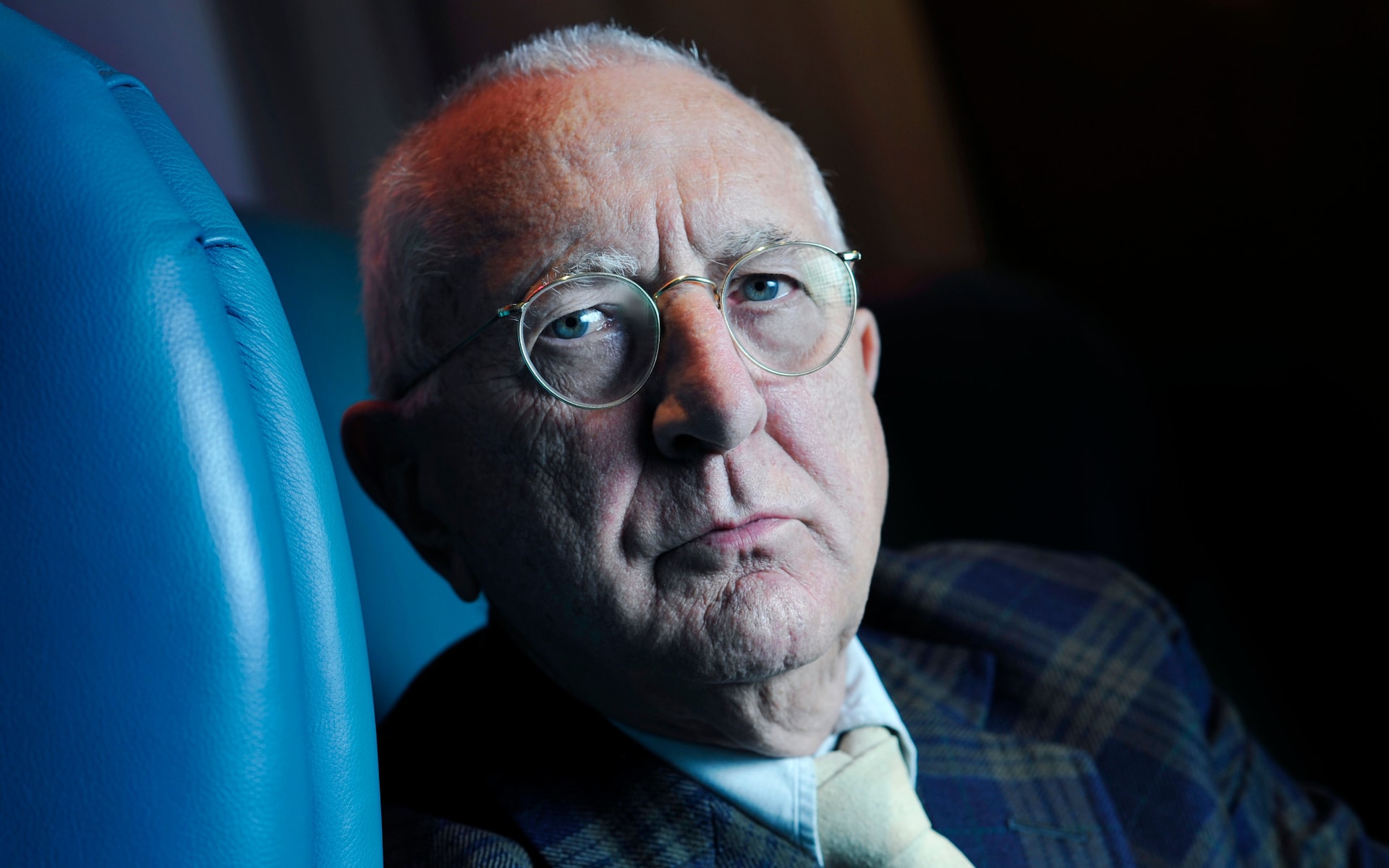
On David Hockney
August 12, 2020
Golden Days
August 27, 2020Len Deighton is my favorite living writer. I have read and reread the nine novels beginning with Berlin Game and ending with Charity of his triple trilogy about the spy world. The Ipcress File, the novel that brought him fame, was and still is a classic of the genre. As to what about his writing that has intrigued me, I would point to both the subject matter and his style. I can’t resist a good spy novel. As to why that is, I don’t know, but I have always found them captivating. It could be that my love of intrigue resonates with my fascination with puzzles of all kinds and in these, Deighton excels. I find his writing to be perceptive, exacting, and flecked with a certain sense of humor, which I find both delightful and addictive.
Here are five things that summarize what I have learned from him. They are excerpted from various interviews he has given. My comments are below.
- “I don’t want simplicity.”
I suppose this is the raison d’être for my writing in the first place. Life is complex and contains themes and subtle relations. In the scientific world, there are linear relationships between variables, such as the amount of stress on a wire and the stretching it will undergo, but as with most things, that linearity exists only within certain limits. Outside of these, the rules break down, and it is in those areas that the fun begins, and anything becomes possible.
- “Written stories are different from film” (or audiobooks).
The written word is under the control of the writer, who can go over their work a thousand times before it is released, and the words stand unto themselves. Film and audio, on the other hand, are often the work of many. The words change as they pass through various intermediaries, whether scriptwriters, directors, or actors. Adaptations are often like a séance. The results can be surprising in that one never knows who’s speaking, the author or someone else. In addition, with a film treatment, three quarters of what is written must be discarded. Film is a slower medium. Written words can hold several meanings at once, and that subtlety requires reflection by the reader. Films roll. Readers pause.
- “Dialogue can be as effective as action.”
This advice I have found to be golden. A great amount of information can be summarized in dialogue with far more nuances than an action description. Time can be added or subtracted, allowing for better control over what is, or is often not, revealed. Table conversations can be an effective way to do this.
- “Characterization and dialogue are the make or break elements of most books.”
These are the defining characteristics of Deighton’s writing, and what distinguishes his novels from others.
- “If you’re waking up at four in the morning wondering if it’s all going wrong, it’s probably all going well.”
These words of advice have always helped me get through the bad bits.
Lastly, I wrote him once to thank him for his work and the influence he had on me as a writer and a person. He replied through an intermediary to thank me for my kind words. To hear from him personally was a dream come true. If you haven’t fallen under his spell, then you are in for a treat. His writing delights.




